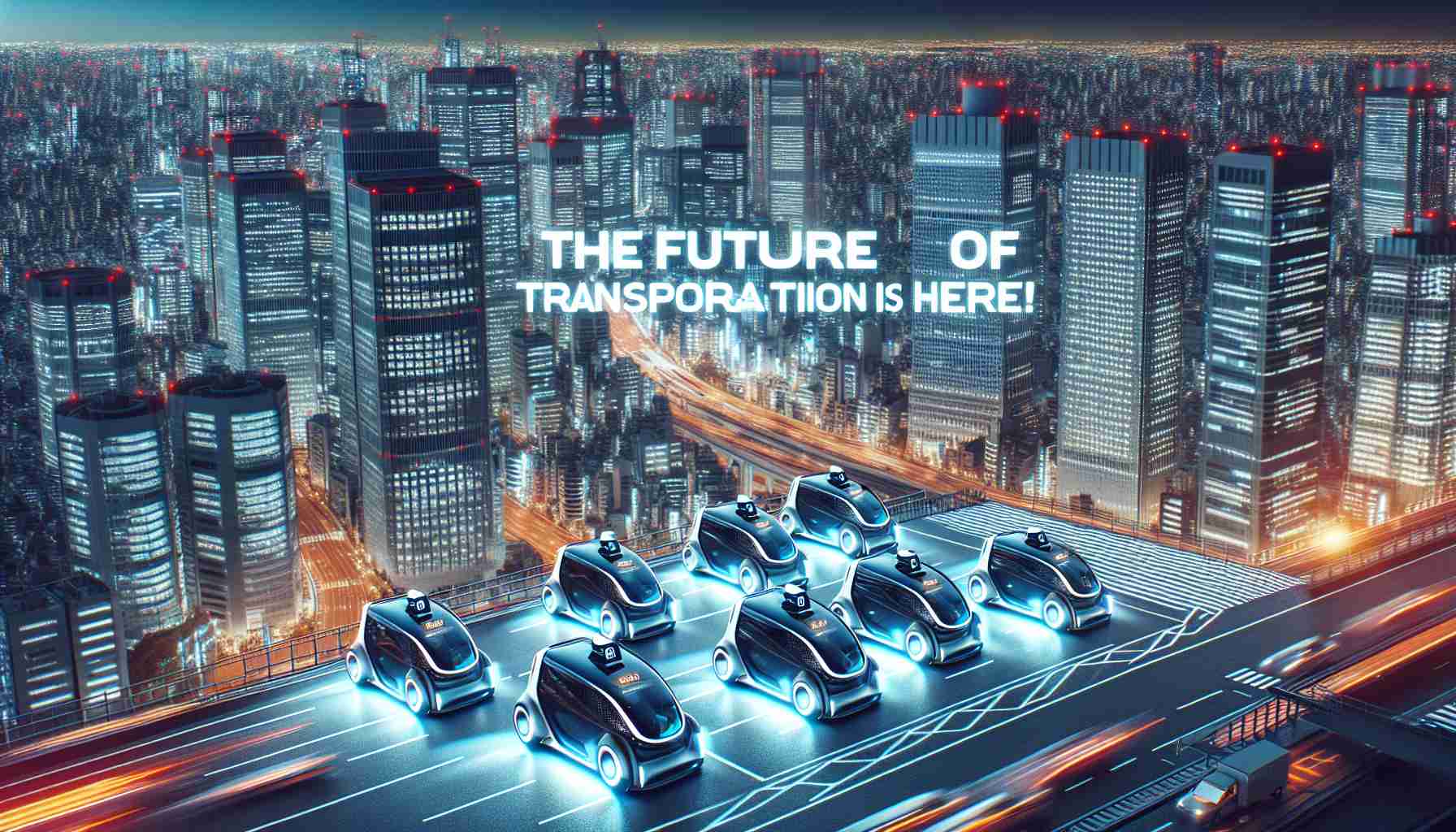Waymo, the leading robotic taxi service in the United States, is set to initiate its first international test runs in Tokyo by early 2025. This announcement came on December 16, as the company revealed plans to deploy electric Jaguar I-Pace SUVs, designed specifically for mapping the most congested areas of Tokyo.
In a strategic collaboration, Waymo will partner with Japan’s largest taxi firm, Nihon Kotsu, utilizing their app “GO.” However, specific timelines regarding the commencement of commercial services for robotic taxis have not been disclosed.
Earlier, Waymo outlined its upcoming launch of services in Miami for next year, while also expanding operations in Austin and Atlanta. Currently, in cities like Phoenix, San Francisco, and Los Angeles, Waymo transports over 150,000 passengers weekly.
Although details regarding financial aspects of its service remain undisclosed, Waymo anticipates annual revenues exceeding $150 million, based on current passenger numbers. Competing with Waymo, General Motors recently announced the cessation of its Cruise initiative, opting instead to focus on passenger vehicle autonomous technologies.
Despite Elon Musk’s Tesla striving to lead in the robotic taxi market, the effectiveness of its development remains uncertain. Whereas Tesla’s self-driving features require human oversight, Waymo’s vehicles are capable of operating without a driver while still maintaining remote monitoring for safety.
Recently, Waymo announced a significant $5.6 billion funding round to enhance its expansion, aiming to procure more affordable electric vehicles from Hyundai and improve its hardware technology further.
Waymo Expands Its Horizon: International Tests in Tokyo and Financial Growth Insights
Waymo’s International Expansion Plans
Waymo, recognized as a frontrunner in autonomous taxi services in the U.S., has formalized its plans for thrilling advancements by announcing the commencement of rigorous test runs in Tokyo by early 2025. This expansion marks a significant milestone, demonstrating Waymo’s commitment to enhancing urban mobility on a global scale.
The fleet will comprise electric Jaguar I-Pace SUVs, meticulously engineered to efficiently navigate Tokyo’s densely populated streets. This strategic move is aimed at assessing the operational capabilities and technological robustness of Waymo’s autonomous systems in an intricate urban environment.
Strategic Partnership with Nihon Kotsu
To facilitate this launch, Waymo is joining forces with Nihon Kotsu, Japan’s largest taxi company, leveraging their well-established “GO” app to integrate its services into existing transportation networks. Although further details regarding the launch of commercial services are still under wraps, this collaboration signals a significant step towards a seamless user experience for future passengers.
Expansive Operations in the U.S.
Simultaneously, Waymo continues to strengthen its footprint across various American cities. With a planned service rollout in Miami slated for next year, alongside ongoing enhancements in Austin and Atlanta, Waymo is poised to extend its reach. Presently, the company provides transportation for over 150,000 passengers weekly in metropolitan areas such as Phoenix, San Francisco, and Los Angeles.
Financial Projections and Market Position
While specific financial metrics remain undisclosed, Waymo’s growth trajectory suggests potential annual revenues surpassing $150 million, driven by increasing passenger demand. Notably, Waymo secured a substantial $5.6 billion funding round to support its ambitions, which include improving its technology infrastructure and acquiring more economical electric vehicles from Hyundai.
Competition Landscape: Challenges and Innovations
In a landscape marked by stiff competition, Waymo faces challenges from various fronts. General Motors recently shifted its focus from the Cruise initiative to the burgeoning field of passenger vehicle autonomous technologies. Meanwhile, Tesla strives to dominate the self-driving sector, yet its technology necessitates human oversight, a significant deviation from Waymo’s fully autonomous operational model that allows for safety monitoring via remote capabilities.
Pros and Cons of Waymo’s Approach
Pros:
– Fully Autonomous Vehicles: Unlike competitors, Waymo’s cars can operate entirely without drivers.
– Strategic Partnerships: Collaboration with established local entities like Nihon Kotsu enhances market entry.
– Robust Funding: Extensive funding supports research, development, and vehicle procurement.
Cons:
– Market Uncertainty: The pace of regulatory approvals and public acceptance remains unpredictable in international markets.
– Competitive Pressures: With significant investments pouring into the autonomous vehicle sector, maintaining a competitive edge will be crucial.
Conclusion
Waymo’s ambitious plans to test its self-driving technology in Tokyo while continuing to expand across key U.S. cities positions the company favorably in the rapidly evolving autonomous vehicle landscape. With strategic partnerships, robust funding, and innovation at its core, Waymo aims to reshape urban mobility, while navigating the challenges posed by competition and market dynamics.
For the latest updates on autonomous vehicles and technological advancements, visit Waymo.








